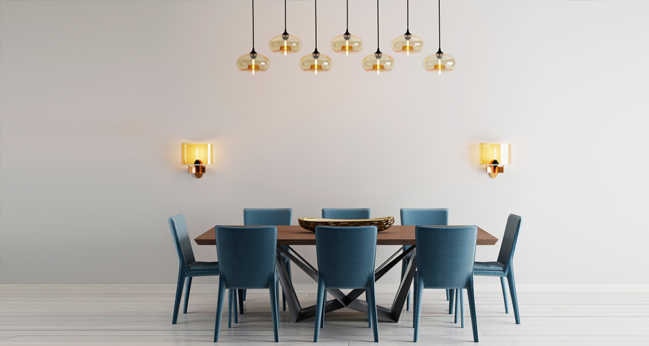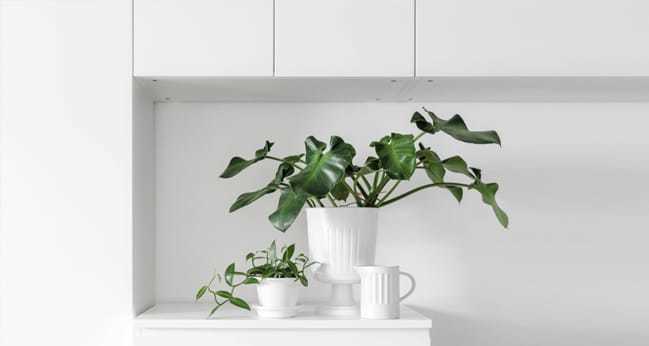Feng Shui Aquarium for Positive Energy in Your Home
 The sight of colourful and dynamic school of fishes in your aquarium motivates any observer and adds charm to your living. Adding to the beauty are the Feng Shui aquariums. Most apartments in India beautify their rooms by showcasing multi-coloured fishes and aquariums along with decorative accessories. Having a fish aquarium can add up to the elite decoration in your home.
The sight of colourful and dynamic school of fishes in your aquarium motivates any observer and adds charm to your living. Adding to the beauty are the Feng Shui aquariums. Most apartments in India beautify their rooms by showcasing multi-coloured fishes and aquariums along with decorative accessories. Having a fish aquarium can add up to the elite decoration in your home.
It is believed that the Feng Shui aquariums attract the energy flow for wealth and lavishness. Not just an appealing sight, but the fresh water and colourful fishes soothe the your brain and enhanced your mood. Well, all this seems to be an easy and luxurious job. Feng Shui aquariums should be placed in an appropriate place and taken good care of, in order to develop the flow of energy. This blissful piece can also turn into a potential disaster at times by being shattered. In order to avoid such mishaps one has to be careful about the minute details on how to maintain a Feng Shui aquarium. It is advisable that one should follow Feng Shui tips to maintain an aquarium and have a serene décor. Aquariums are considered as auspicious objects which create harmonious wealth attracting factors.There are five main elements for a Feng Shui aquarium;
Five important Feng Shui elements for an aquarium:
The water element inside the aquarium
The wood element among the plants inside the aquarium
The metal element of the aquarium structure
The earth element among the rocks and gravel at the bottom of the aquarium
The fire element of the colours of a fish and the lighting inside the aquarium.
Directions to place a Feng Shui aquarium: The perfect place to install your aquarium is the South-east, North or east direction. Each of these directions has positive qualities affecting the wealth, career, health and family bond.
Don’ts for a Feng Shui aquarium: Never place your aquarium in the bedroom or in the kitchen as this can cause various problems and create unnecessary Feng Shui energy in these areas. Also, these rooms are not an apt place to place your aquariums asthey can cause you to sleep and eat more, by producing too much “Chi” (Chinese term for energy).
Keep the tank clean: To create the positive flow of a Feng Shui aquarium, you need to keep the tank clean and cultivate healthy fish. If the tank is not cleaned regularly it produces negative Chi and causes the death of the fishes. You can further decorate your tank by adding ornamental water plants which are artificial as the fishes tend to eat them.
Number of fishes: Your aquarium can contain nine fishes as the number nine is considered as the most powerful and auspicious number of Feng Shui. The ideal proportion of fishes in your aquarium can be eight goldfish and one blackfish, as the number eight represents prosperity and the one black fish is believed to absorb all the negative energy.
Arowana wealth fish: The most popular and effective Feng Shui wealth fish is the Arowana or the Dragon fish. There are four types of Arowanas which are considered to be the most auspicious for bringing good luck, warding off evil and for successful business prospects. There are special Arowana tanks available which should be selected according to your fish’s needs. Rectangular shaped tanks are apt for these fishes. Based on the shape and size of the fishes, they have to be kept in the appropriate tank and with the appropriate temperature.
Size of the tank: It is advisable that you buy a larger tank as a large tank can bring in a lot of money and a smaller one tends to bring a very little fortune. Also make sure that the aquarium is maintained aptly with proper oxygenation system to keep the fish healthy.
Decoration: To make it beautiful, you can add pebbles, plants and embellishments as it is believed that doing so would enhance wealth in your home and other places. You can also attach an appealing or a beautiful image behind the aquarium.
According to the Feng Shui principles, you can add a dragon inside your aquarium. This in turn will bring more wealth and positive energy flow.
Also read:
The Difference between Vastu and Feng Shui









